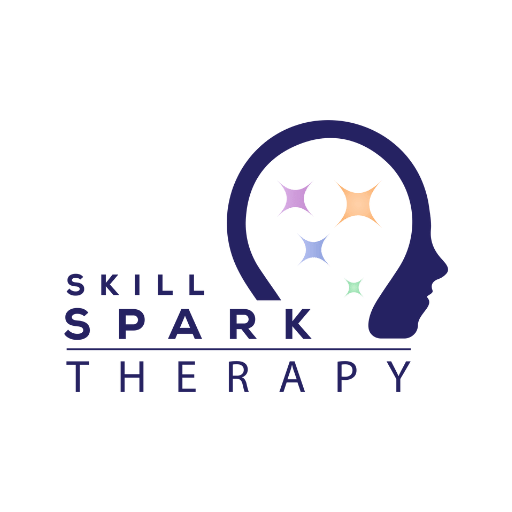Many of us have always known that we feel better and calmer when we are around nature or animals. And studies have consistently shown that there is indeed therapeutic value of human-animal interaction. So it’s no surprise that Equine Assisted Therapy has become an increasingly popular mental health treatment.
Equine Assisted Therapy is a form of experiential therapy that includes horses and a specialist psychologist or counselor working together with a client to create positive behavioral outcomes and change. Growing evidence now supports the effectiveness of treatment with horses in a therapeutic environment.
Equine-assisted therapy can help clients of all ages who suffer from depression, anxiety, ADHD, conduct disorders, addiction, trauma, eating disorders, spectrum and health difficulties, dissociative disorders, Alzheimer’s disease, dementia, and other mental health difficulties.
How Does Equine Assisted Therapy Work?
There are therapists that have been specifically trained in Equine Assisted Therapy in conjunction with traditional protocols. These therapists guide their clients through a series of activities including observing, handling, grooming, groundwork, and structured challenging exercises focused on the client’s goals and needs.
Benefits of Equine Assisted Therapy
A variety of psychotherapeutic benefits have been reported for Equine Assisted Therapy. Here are some of them:
Builds Trust
The first step in this treatment is to be able to trust the horse and the therapist, and eventually yourself. This trust-building has a profound effect on the client’s interpersonal relationships moving forward.
Reduces Anxiety and Depression
There has been a lot of research on the ability of human-animal interaction to significantly reduce psychological anxiety and depression.
Increases Self-Esteem
Everyone’s self-esteem gets a real boost when they challenge themselves to learn and master new skills. This is particularly true of children and adolescence. Equine Assisted Therapy has people trying new things and interacting in new ways in a non-competitive, non-judgmental environment, which leads to improved self-esteem and confidence.
Mindfulness
Equine Assisted Therapy integrates mindfulness in a big way. Throughout each session, clients are asked to be present, at the moment, calm, centered, and focused. This is because horses are incredibly sensitive and they pick up other’s emotions very quickly. To be around horses requires the ability to be calm and present.
If you think or someone you know might benefit from Equine Assisted Therapy, please call my office. I would be happy to answer any additional questions you may have and discuss how this approach might help.
SOURCES:


Recent Comments